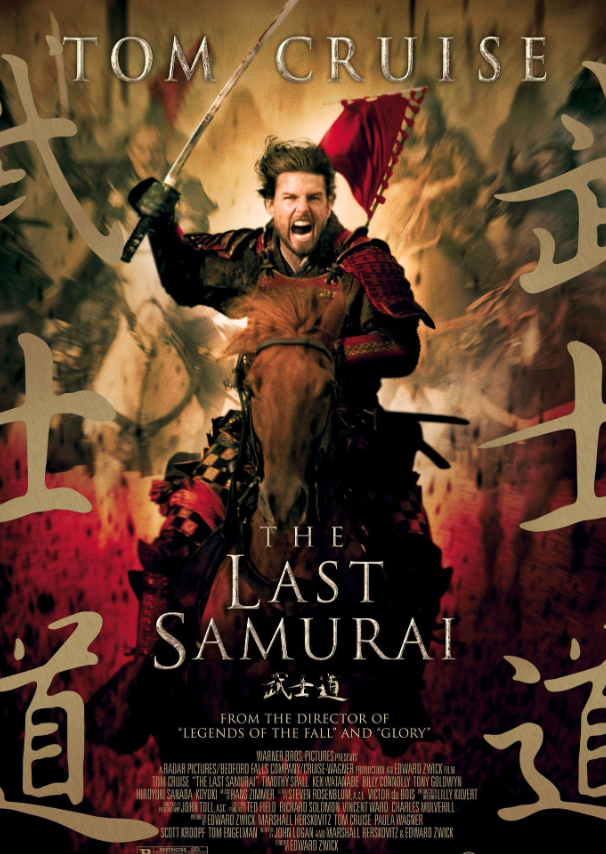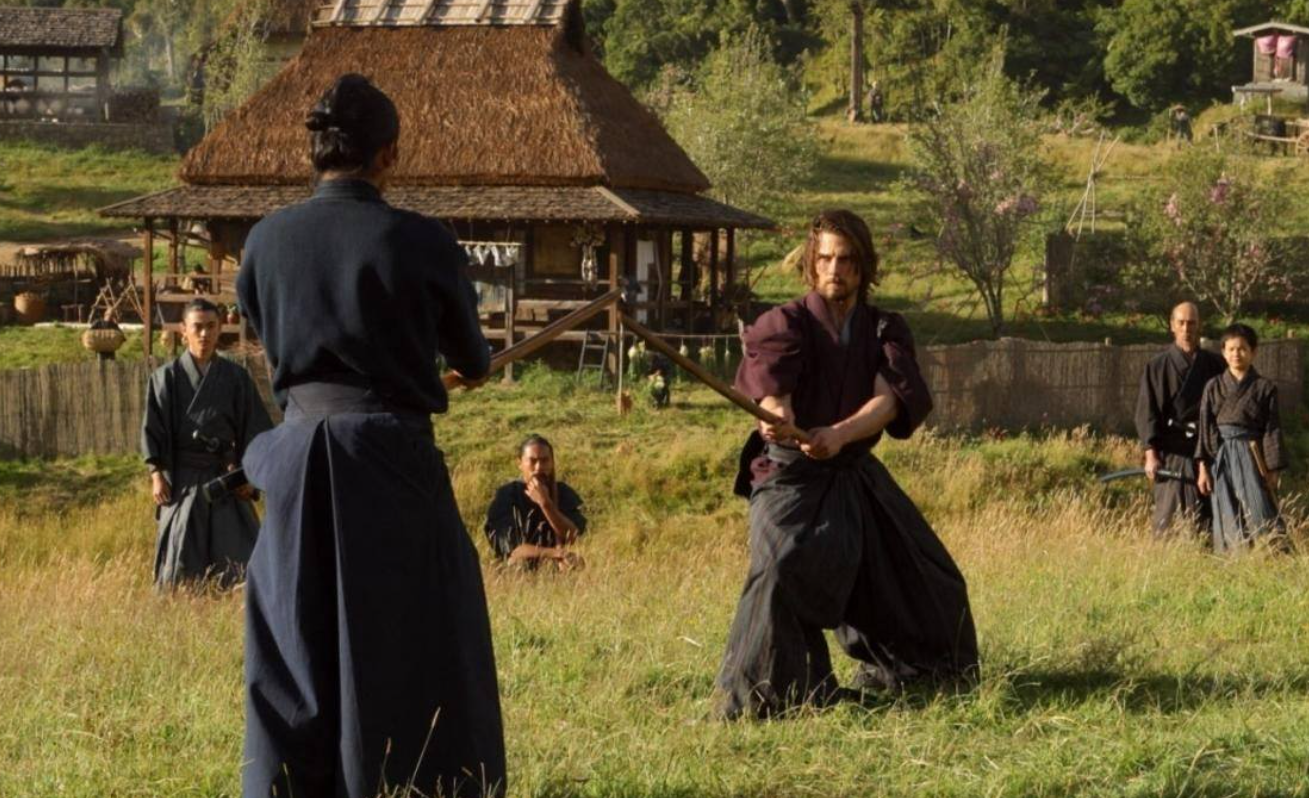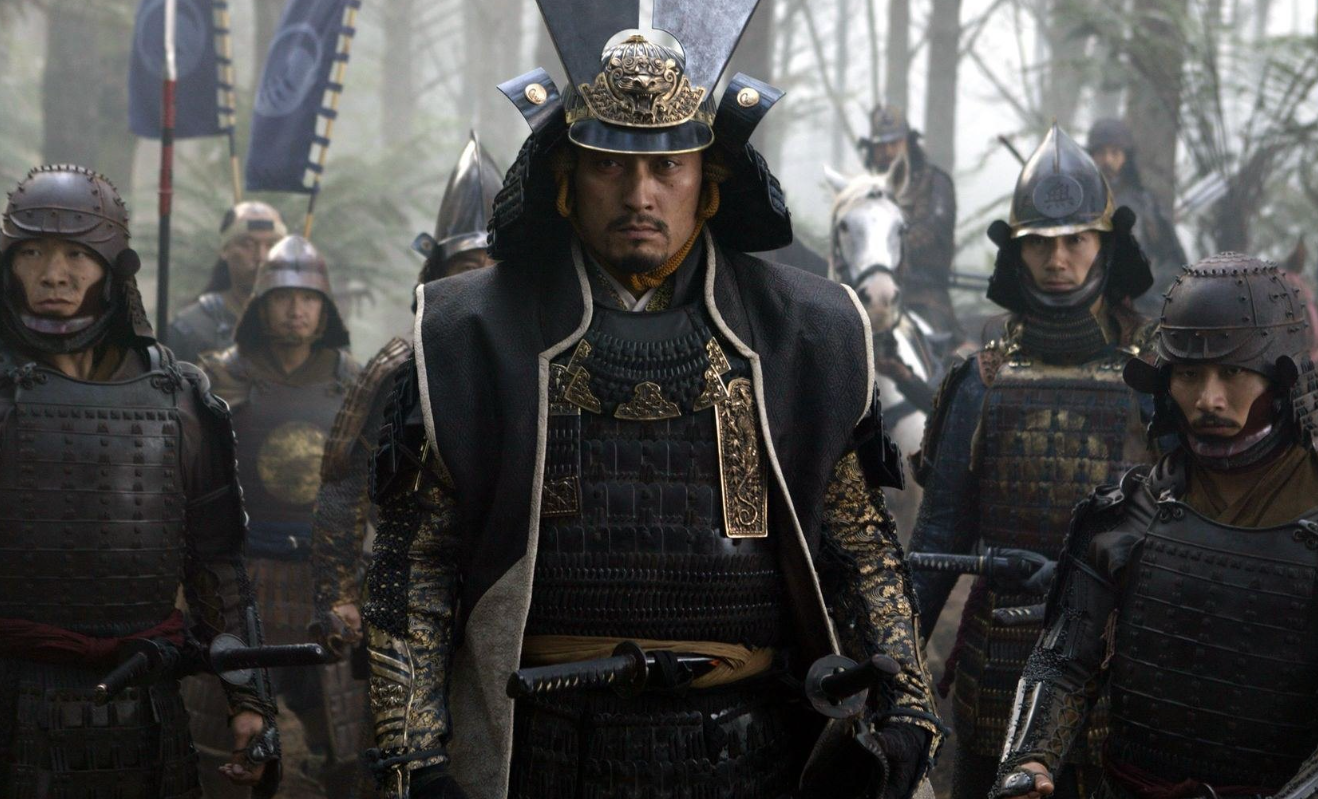🎬 The Last Samurai (2003) – Honor, Tradition, and Transformation

Director: Edward Zwick
Main Cast: Tom Cruise, Ken Watanabe, Timothy Spall, Billy Connolly, Koyuki
The Last Samurai is an epic historical drama set in Japan during the late 19th century, a time of rapid modernization and internal conflict. The film tells the story of Captain Nathan Algren (Tom Cruise), an American soldier hired by the Japanese Emperor to help train the Imperial Army in Western warfare techniques. However, Algren’s journey takes an unexpected turn when he is captured by the Samurai rebels, led by Katsumoto (Ken Watanabe), and begins to learn about their code of honor, discipline, and resistance against modernization.
What to Expect in The Last Samurai
- Cultural Clash and Transformation:
- At the heart of the film is the cultural and ideological clash between the modernization of Japan and the preservation of the ancient Samurai way of life. Algren, a man plagued by his own past and disillusioned with war, is deeply transformed by his immersion into Samurai culture.
- The movie delves into themes of redemption as Algren, who once lived for war, finds a new sense of purpose and inner peace through the disciplined and honorable way of the Samurai.
- Epic Battle Scenes:
- The Last Samurai offers sweeping battle scenes that are both intense and visually stunning. From large-scale confrontations between the Imperial Army and the Samurai rebels to more intimate, one-on-one duels, the film showcases beautifully choreographed action sequences.
- The final battle, in particular, is an emotional and visceral clash between tradition and modernity, with the Samurai fighting against overwhelming odds with honor and bravery.

- Stunning Cinematography:
- The film is a visual masterpiece, with breathtaking shots of Japan’s landscapes, including lush forests, mountains, and the idyllic village where Algren finds sanctuary. These visuals are not just beautiful but help to immerse the audience in the story’s historical setting.
- The use of color and light, especially during scenes of reflection or spiritual contemplation, reinforces the deep connection between the Samurai and the natural world.
- Emotional Depth and Character Development:
- The Last Samurai is not just a film about war; it’s about personal growth and emotional healing. Algren’s journey from a broken, alcoholic soldier to a man who rediscovers purpose is deeply moving.
- The relationship between Algren and Katsumoto is central to the story. Both men, from different worlds, find common ground in their shared sense of honor and duty. Their bond is a poignant exploration of respect, trust, and mutual understanding.
- A Reflection on Change and Tradition:
- The film provides a meditation on the cost of progress. The Samurai, with their ancient traditions and values, represent a way of life that is fading in the face of industrialization and Western influence. The movie doesn’t just romanticize the past but presents a nuanced perspective on the inevitable change that societies undergo.
- It also examines the tension between holding onto traditions and embracing change, asking whether it’s possible to find a balance between the two.

Cinematic Techniques
- Authentic Set Design and Costuming:
- The film’s commitment to authenticity is seen in its meticulous attention to period details, from the Samurai armor to the traditional Japanese homes. This historical accuracy grounds the film, giving it a sense of realism that complements the epic storytelling.
- The contrast between the elaborate Samurai attire and the Western-style uniforms of the Imperial soldiers visually reinforces the theme of cultural collision.

- Masterful Direction and Pacing:
- Director Edward Zwick skillfully balances the film’s quieter, reflective moments with its large-scale action sequences. The pacing allows for both the emotional arcs of the characters to unfold and for the grand battles to leave their full impact.
- The pacing ensures that while the film runs over two hours, it never feels slow, with each scene building towards the inevitable climax.
- Emotive Score:
- The haunting and evocative score by Hans Zimmer enhances the emotional intensity of the film. The music blends traditional Japanese instruments with a sweeping orchestral sound, capturing the epic scope of the story while maintaining an intimate connection to the characters’ internal struggles.
Conclusion
The Last Samurai is a beautifully crafted film that offers both breathtaking action and deep emotional resonance. Through its exploration of honor, redemption, and cultural transformation, it invites viewers into a world where old and new clash, but where mutual respect and understanding can still be found. The combination of stunning visuals, powerful performances—especially by Tom Cruise and Ken Watanabe—and a poignant story makes The Last Samurai an unforgettable cinematic experience. It’s a film that resonates on both a personal and epic scale, making it a must-watch for anyone interested in history, honor, and the human spirit.











